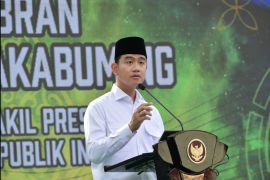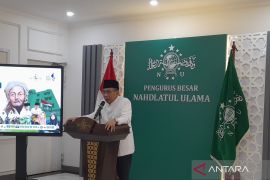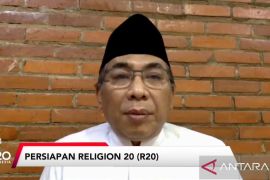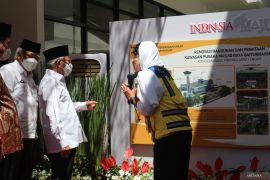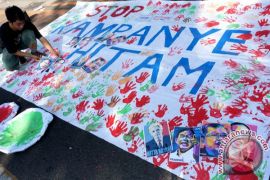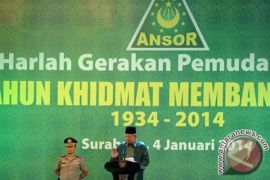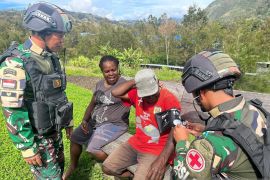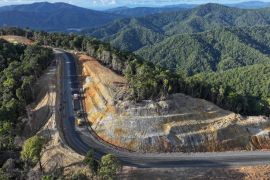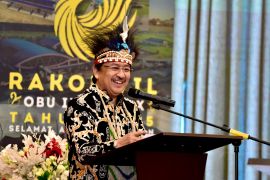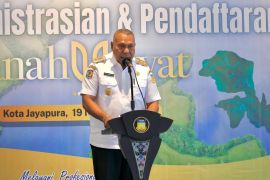"The central government, including the president in person, should go there because he made many promises about welfare, justice," said Said, chairman of the NU Central Executive Board (PBNU), on Thursday.
He made the statement after receiving a delegation of the Amungme Customary Consultative Institute and the Komoro Customary Consultative Institute at the PBNU head-office in Jakarta. Amungme and Komoro are the names of two native tribes in the easternmost province.
Asked whether, if necessary, the president should set up a temporary office in Papua as he did in Yogyakarta when the region was hit by a natural disaster some time ago, Said said "why, that would be better."
"If the president decides to really go there, I will accompany him," he added.
It had to be admitted that the government had yet to make exhaustive efforts to solve Papua`s welfare, justice and security problems, he said.
To prevent the problems in Papua from dragging on indefinitely, the government must take quick, responsive, concrete and comprehensive steps. It should start by stopping all forms of violence, enforce the law, embrace the local communities, customary figures and also involve religious mass organizations, Said said.
In the longer run, the solution of Papua`s problems must be done within a larger framework of creating justice and upholding the dignity of the native population, he said.
The province`s special autonomy would only be meaningful to the local community if they also felt there was genuine justice, especially with regard to enjoying the fruits of the development of their province`s natural resources, respect for their human rights and their status as respectable Indonesian citizens, Said said.
Said said the Amungme and Kamoro tribes delegation had also told him about their aspirations and complaints related to the exploitation by PT Freeport of lands to which they held customary rights.
"We listened to their complaints and they asked NU`s help to make their voice heard," he said.(*)
Editor: Aditia Maruli Radja
Copyright © ANTARA 2011
